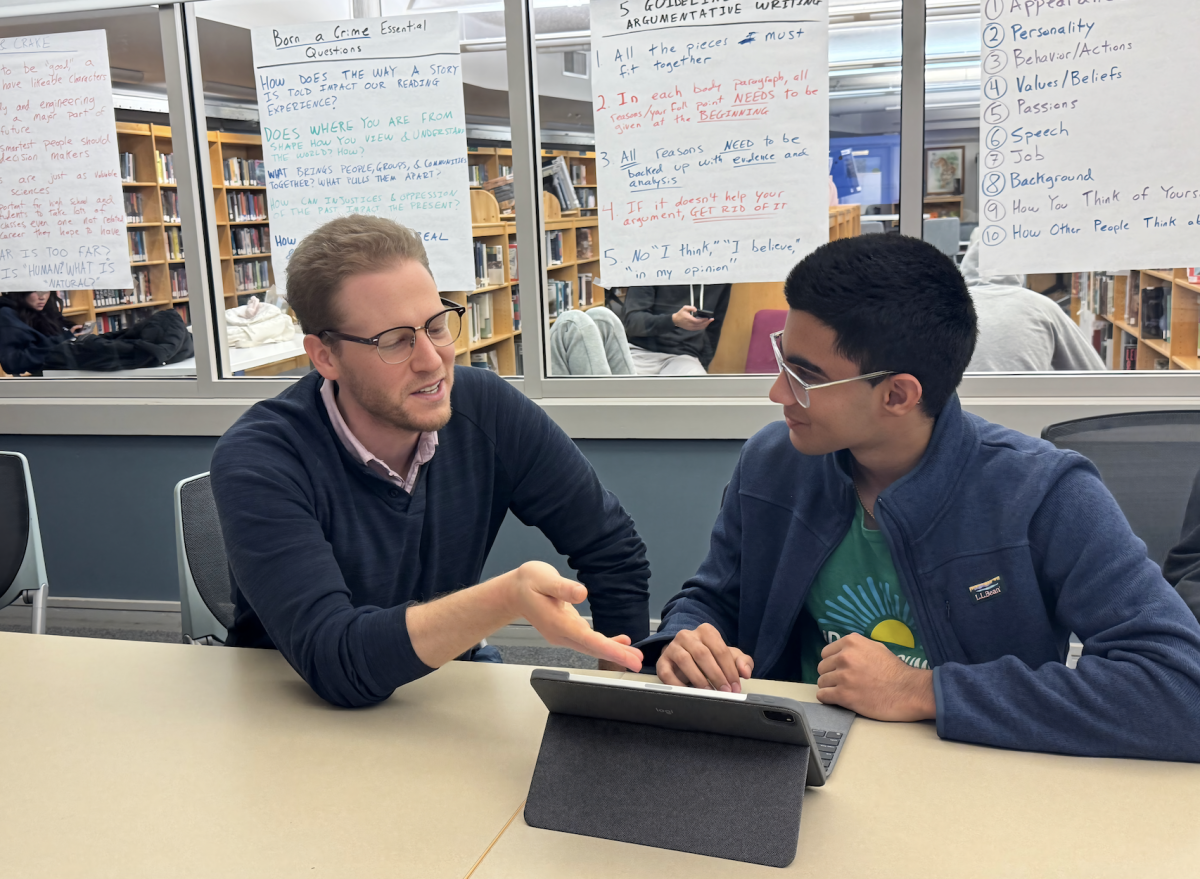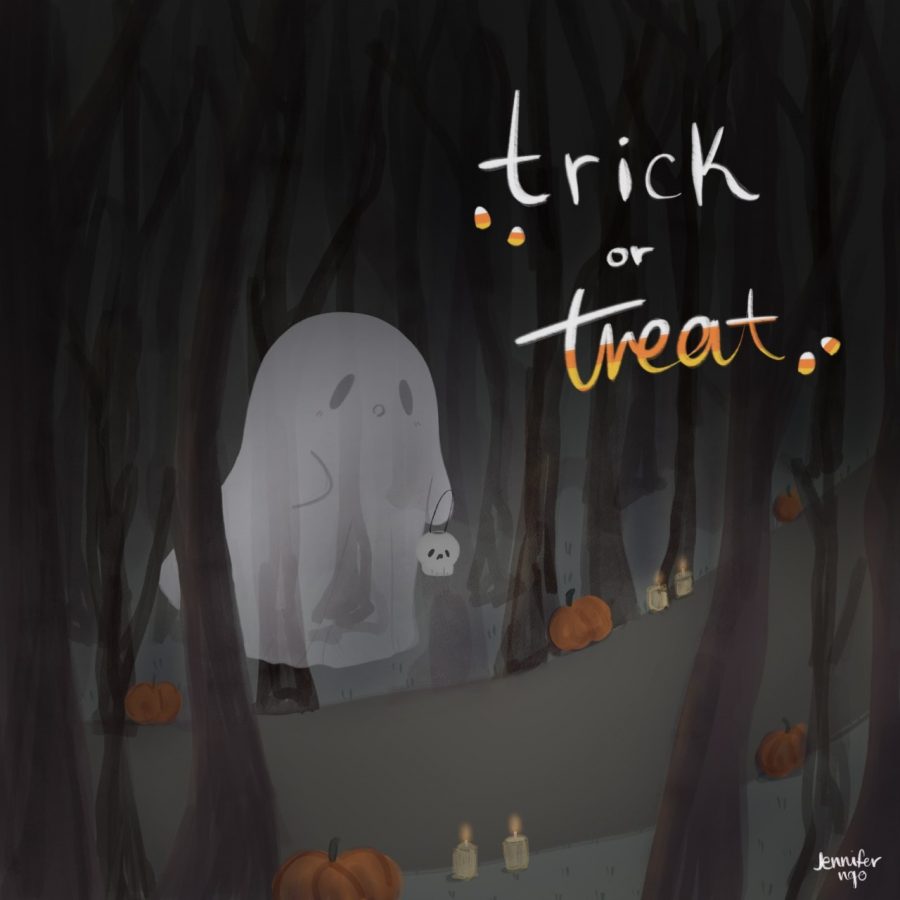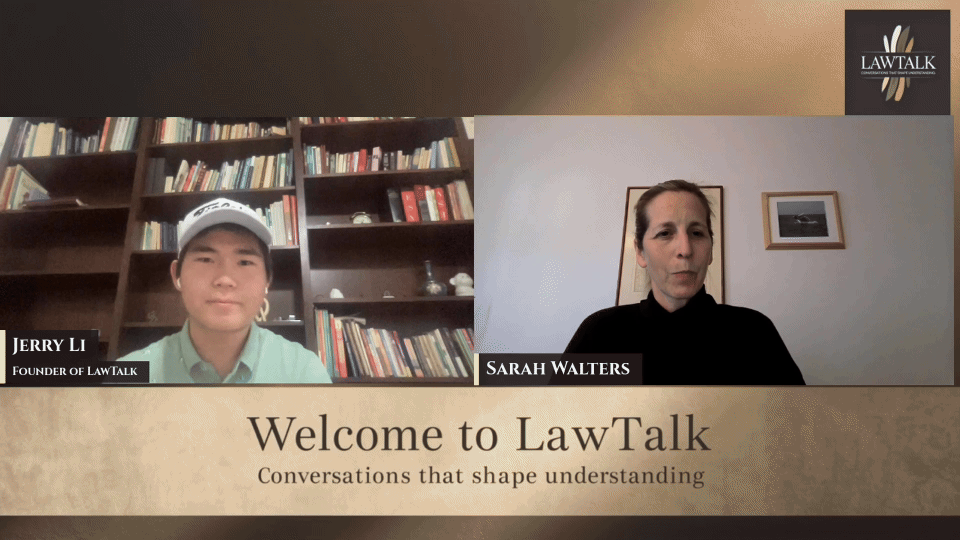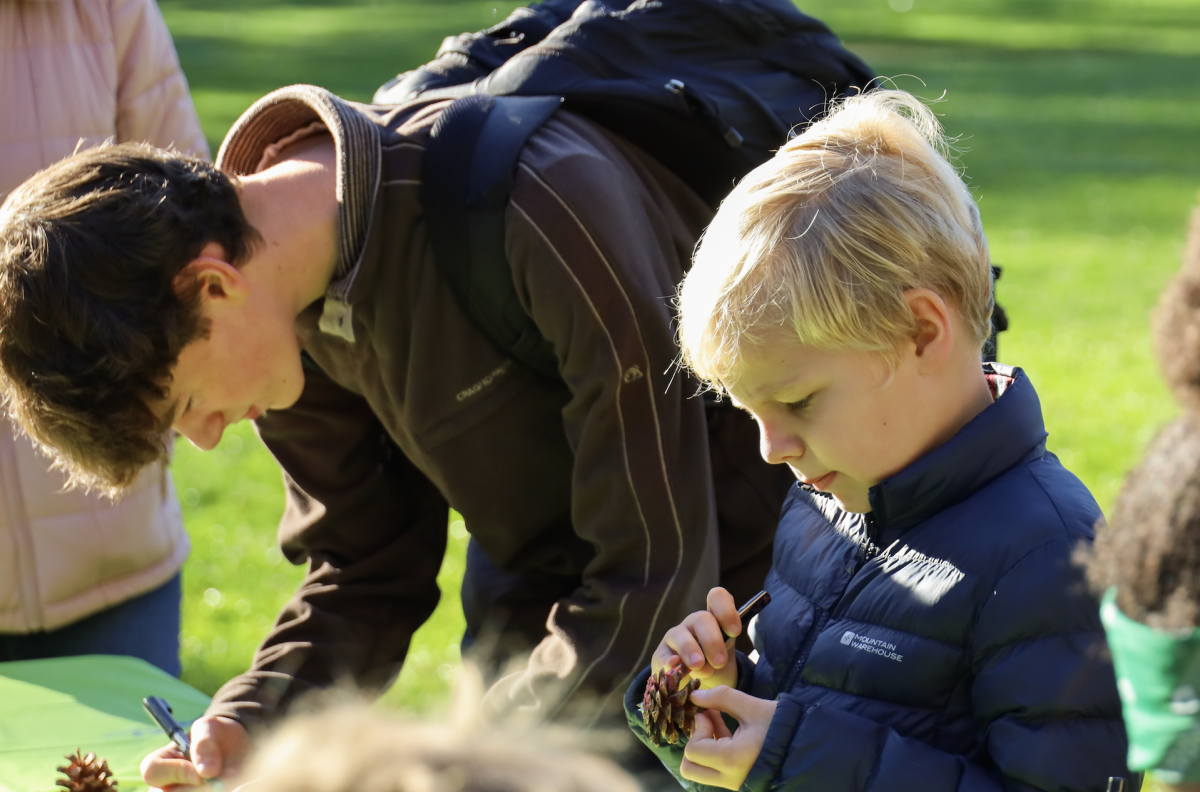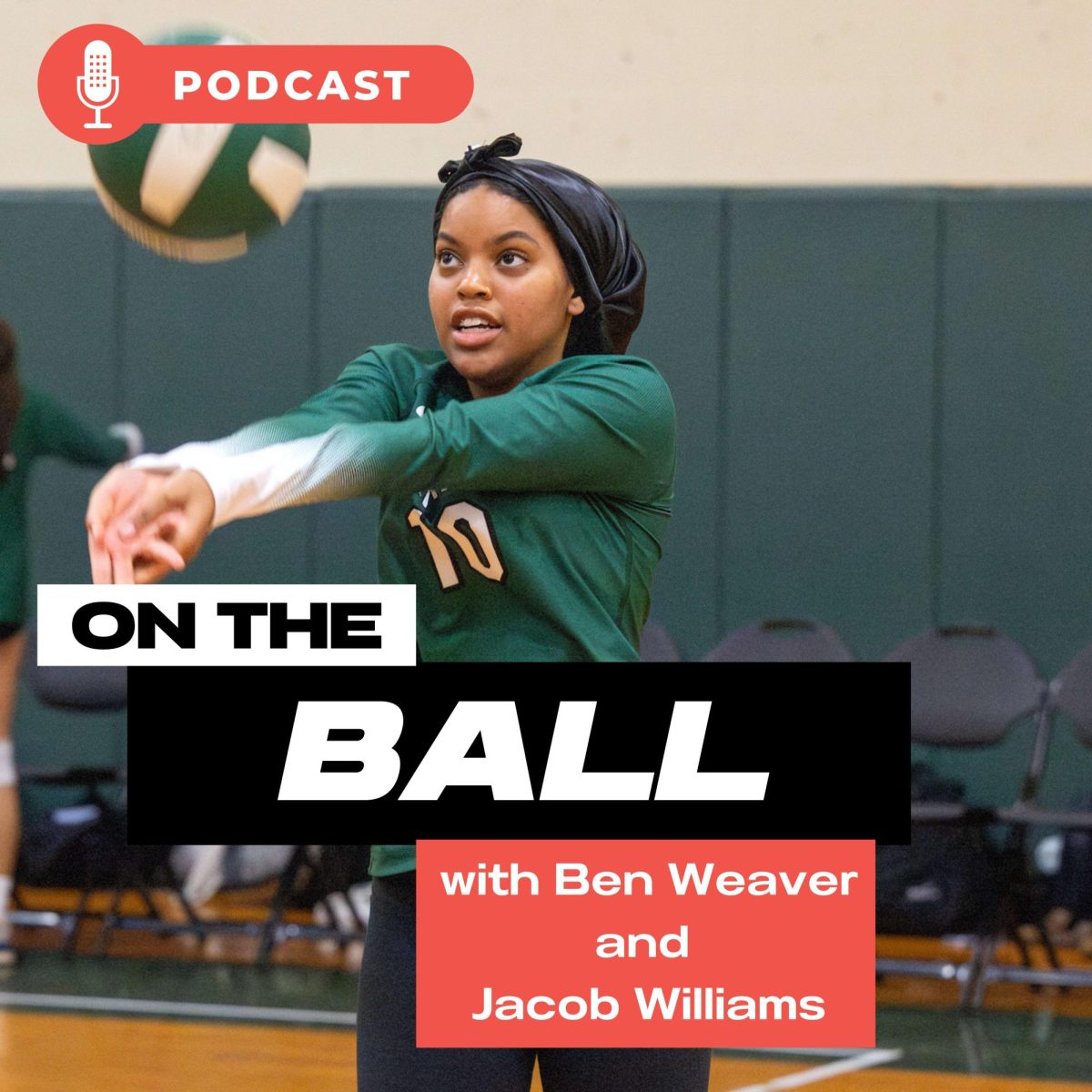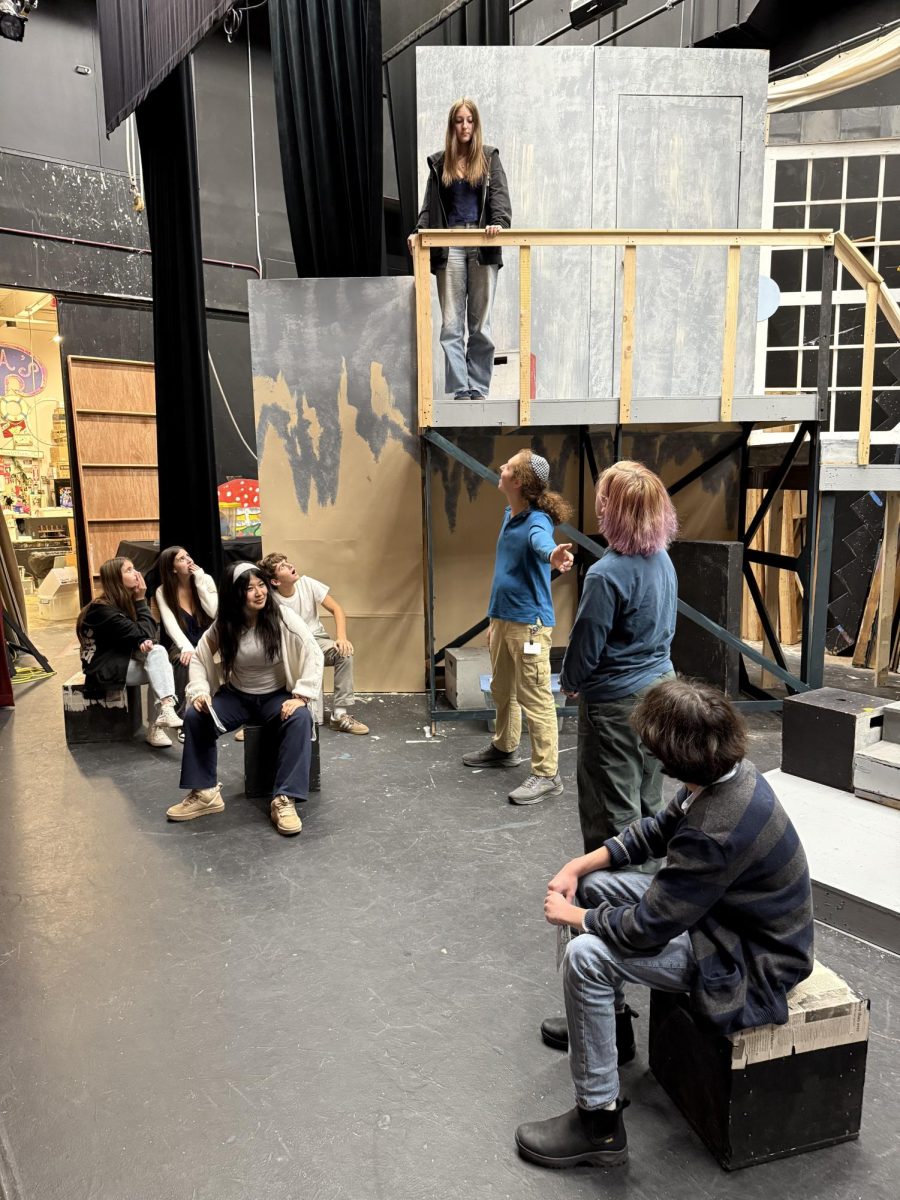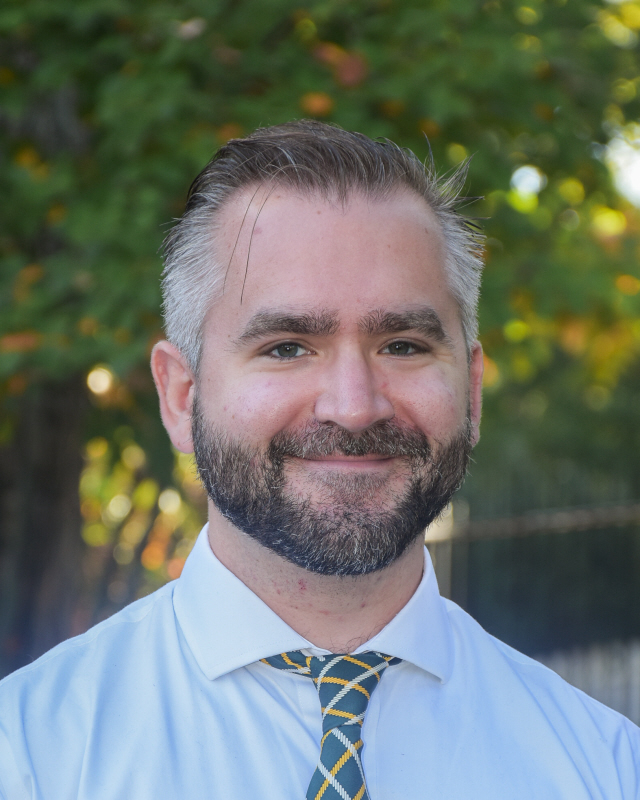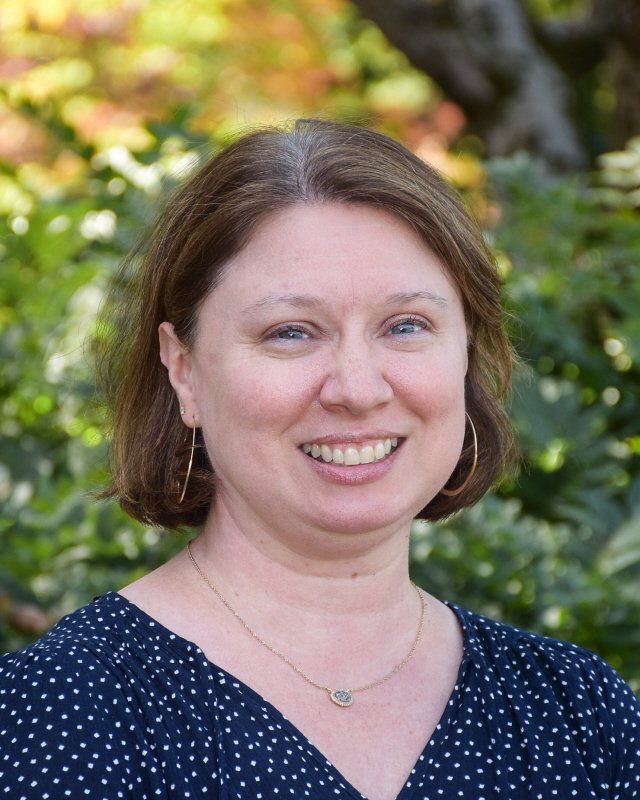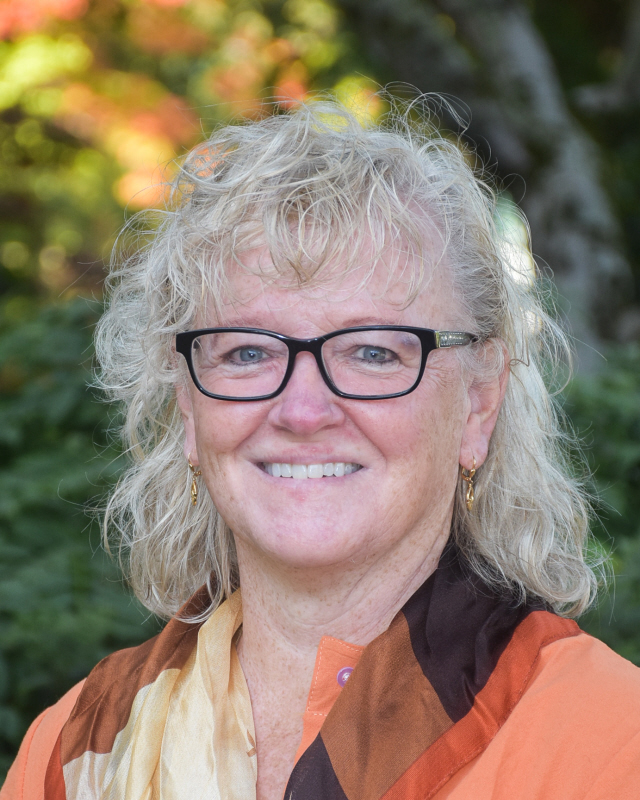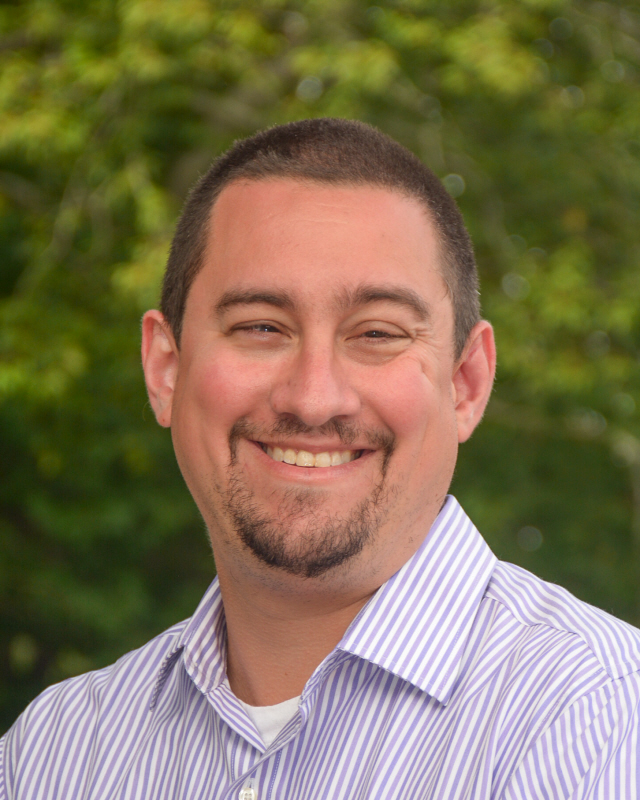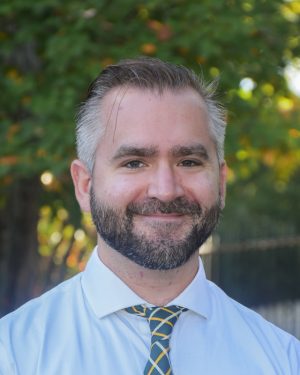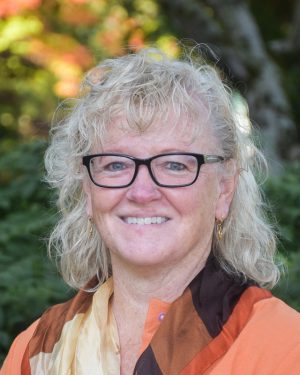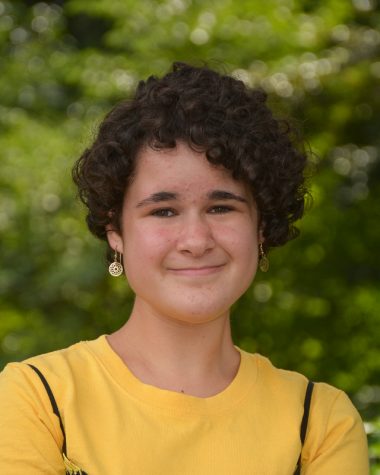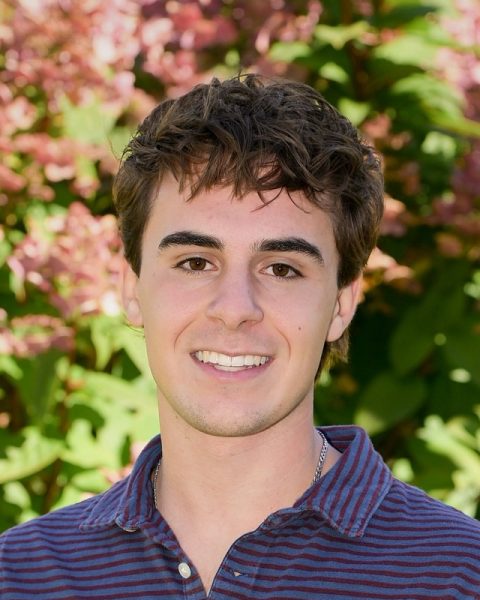Q&A: Teachers on Hybrid Learning
November 11, 2020
As students and teachers continue adjusting to the new normal, The Gator spoke to a handful of teachers to get their take on the new learning model.
How do you feel about teaching hybrid learners?
Kelly Neely (Humanities): Although I was nervous about teaching hybrid learners at the beginning of the year, I think it’s gone fairly smoothly. One of the things I try very hard to do is to help the students learning from home feel included in the class, which can be a challenge, but I think it’s going well. I think we’ve done a nice job at Brimmer of adapting to these new circumstances in ways that help the community to feel included and safe.
Max Holman (Music): I feel lucky to be teaching hybrid learners. While it requires more coordination and planning, the hybrid approach has helped keep our school safe so that we can be on-campus at all.
Donald Reese (Humanities): It is a little more difficult to teach online, and then a little more difficult still to combine online learners with in-person students. Finding a way to help online students to contribute to discussion is especially challenging, so sometimes I have small-group discussions through Zoom even for the students who are in the room, which is a good solution, I think, though it’s somewhat awkward. Like everything during the pandemic, it is just a little bit more time-consuming and takes a little more careful thought.
Are there any changes you would make to the new schedule?
Jason Bock (Technology): It has worked pretty well for me. The content of my classes naturally lend themselves to a hybrid environment, so I am a bit lucky in this way in that it is easier for me to be flexible in terms of who is on campus vs learning concurrently. I’ve planned my classes so that they can function regardless of who is on campus or at home on a given day. You’d have to ask one of my students to see if they are happy with the hybrid environment, but from my point of view they are going well. So, in short, I don’t have any particular changes to suggest.
Nancy Bradley (Math): I love being back in school. I have no complaints regarding the schedule. In every class I have students that are concurrent, and I have been able to project my iPad to the screen in each classroom so the students at home and students in class are seeing the same thing. It’s funny that I still have to think about what days the various grades are at home. When I walk in to a classroom, I really don’t remember whether or not I will have many students in front of me or just one or two.
How has your teaching style been affected by COVID-19 restrictions this year?
Neely: I use a lot of resources online that my students can access from the classroom and at home. I haven’t changed too much about my classes, but I am always mindful of making sure students can see or hear something, and I try to give them options to access the materials from home in case they can’t experience it well through Zoom. I am constantly adapting to whatever comes next, which is important for good teaching even when we’re not dealing with COVID.
Holman: COVID has affected my teaching style in every way imaginable. Since we are not currently permitted to sing indoors, Greenline has been rehearsing outside; this has presented challenges but is certainly better than nothing. When we cannot sing outdoors, we utilize class time to build musicianship skills to become stronger singers for when we can sing. We always have at least one concurrent learner on Zoom, so I have adapted to hearing their sound roughly half a second after the live sound. I’ve prioritized building community in our choir—more than I normally would—to make up for the lost connection we would normally experience by singing in an ensemble. I’ve also been learning about recording technology so that Greenline has the opportunity to perform without needing to congregate in person.
Reese: I don’t know whether my style has changed. I don’t think so, except that I feel the masks and Zoom are keeping me a little further away from my students, as they keep a certain distance between me and almost everybody.
Do you feel like your relationships with students have changed in the new learning environment?
Bock: As for student relationships, this is tougher. In general, students seem a bit quieter this year. This is true both during class discussions, as well as social situations such as waiting in line, lunch, etc. Additionally, I am not interacting with students as much in the halls, at lunch, during “workspaces” and other non-class times as I normally would. I also do not get to see students that I have taught previously if they’re learning concurrently, so that’s another aspect of my relationships with students that has been impacted by the necessary changes Brimmer has put in place. That said, I have also been quite busy the first few months of school with the tech side of my job, so it’s certainly possible I’m socializing less simply because I am too busy.
Bradley: My relationships—I do feel a change with this. In the past, it was easy for me to say “come see me for extra help” and make sure that happened. This year, only three students have taken advantage of that. I fear that some of my students may be falling through the cracks. I hope the students know that if their free time does not match up with my Office Hours, they can ask to set up a different extra help session that works for them.

